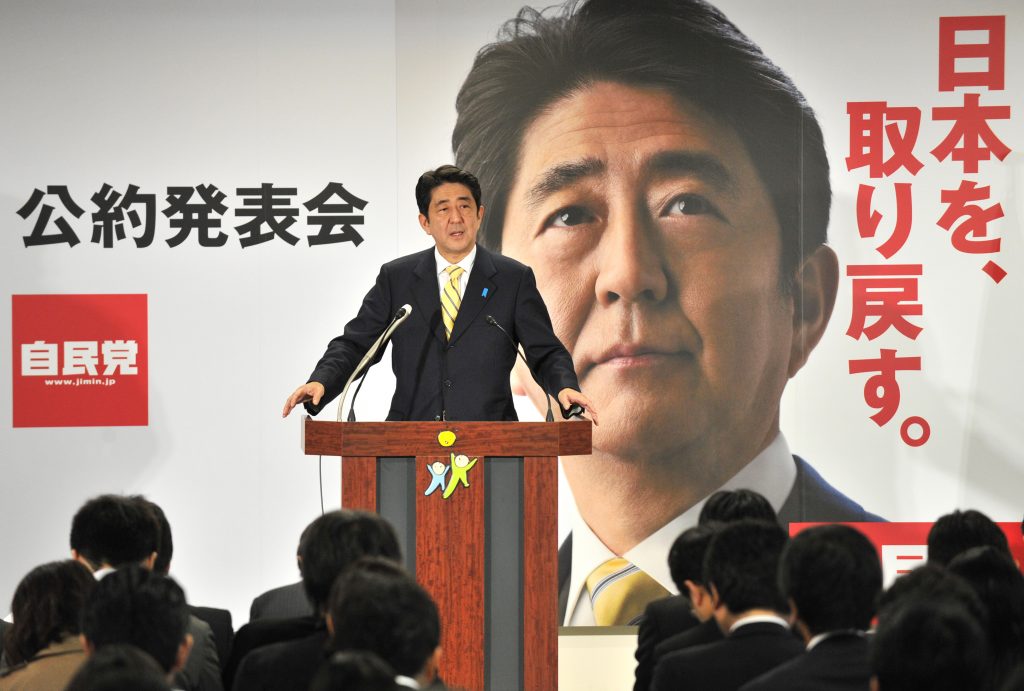
- ARAB NEWS
- 18 Aug 2025

The Japanese Prime Minister Shinzo Abe on Monday is set to mark his 2,799th consecutive day in office since he returned to power in late 2012, becoming the country’s longest continuously serving head of government.
While he secured political stability by consolidating his power base through leading his Liberal Democratic Party to back-to-back wins in national elections, many have pointed to his administration’s arrogance resulting from its long rule.
With only about a year to go until the end of his term as LDP president in September 2021, the Abe administration has entered a crucial stage also at a time when concerns over his health are mounting.
Abe on Sunday tied his great-uncle, Eisaku Sato, who served as prime minister for 2,798 consecutive days between Nov. 9, 1964, and July 7, 1972, and will pass Sato on Monday as the longest continuously serving prime minister in Japan.
In November 2019, Abe became the country’s longest-serving prime minister in terms of the total number of days in office, including his one-year first stint until late September 2007, surpassing the previous record held by Taro Katsura, who was prime minister in the early 1900s.
Abe launched his current administration on Dec. 26, 2012, following the LDP’s landslide victory over the now-defunct Democratic Party of Japan in the election earlier that month for the House of Representatives, the all-important lower chamber of the Diet, the country’s parliament.
Taking to heart the lessons learned from his brief first administration, Abe abandoned his previous political style emphasizing ideals and instead focused on revitalizing the country’s economy with his reflationary policy mix, dubbed Abenomics.
He cemented his power by helping the LDP score victories in six straight national elections, including the 2012 Lower House poll and the latest July 2019 election for the House of Councillors, the upper chamber of the Diet.
Abe has kept intact two key ministers–Chief Cabinet Secretary Yoshihide Suga and Deputy Prime Minister and Finance Minister Taro Aso–since the launch of the current administration.
Among challenging issues, the Abe administration raised the consumption tax rate from 5 pct to 10 pct, partially allowed the country to exercise its collective self-defense right and enacted national security legislation.
Meanwhile, problems apparently resulting from its long rule arose, among them favoritism scandals involving school operators Moritomo Gakuen and Kake Educational Institution, prompting the opposition camp to slam the administration for its abuse of power.
Recently, the Abe administration was criticized for being slow in responding to the novel coronavirus epidemic.
Rumors on Abe’s poor health spread in the political world after Abe underwent a medical examination for hours at a hospital in Tokyo last Monday.
Abe has yet to make progress in domestic and diplomatic challenges that he aimed to resolve during his tenure, including reforms of Japan’s Constitution, the country’s long-standing territorial issue with Russia and North Korea’s abductions of Japanese nationals decades ago.
All eyes are on Abe to see how serious he is about addressing these issues during his remaining tenure and whether he can produce results deserving accolades as the longest-serving prime minister.
JIJI Press